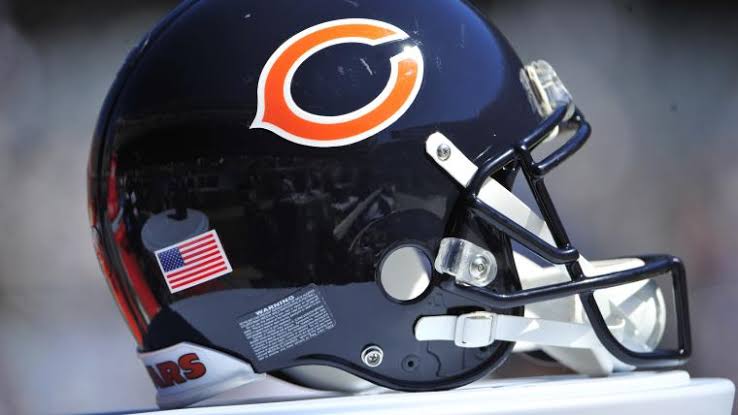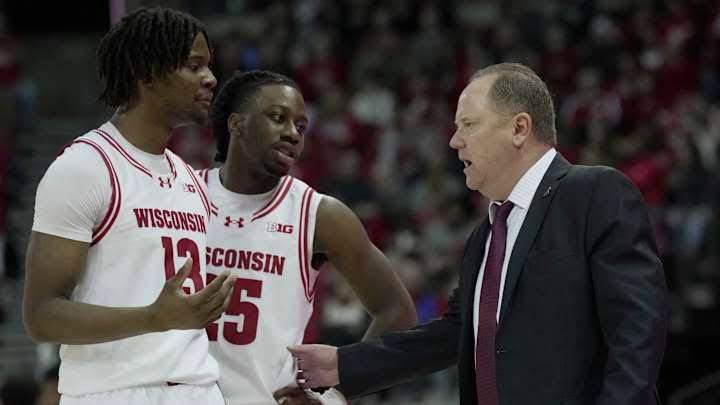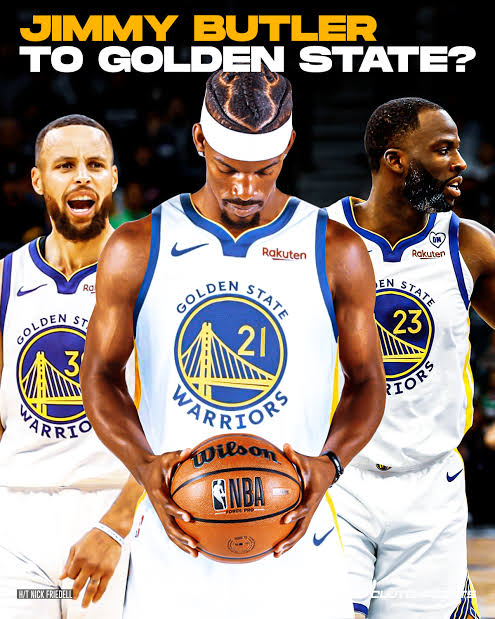
The Chicago Bears’ recent acquisition of a Pro Bowl player with a $24 million contract has sparked significant debate in NFL circles, with some labeling it the worst contract at the player’s position. While the Bears’ front office made the move to address a key need, critics argue that the financial commitment far outweighs the player’s current performance level and potential future contributions.
The player in question, despite his past Pro Bowl accolades, has seen a decline in his performance over recent seasons. This dip in form raises questions about the Bears’ decision to invest heavily in him. The $24 million figure not only puts him among the highest earners at his position but also limits the Bears’ flexibility in managing their salary cap for future moves. This could hamper their ability to build a more well-rounded team capable of contending in the competitive NFC North.
Furthermore, the Bears’ investment has been scrutinized because there are other players at the same position who are delivering more consistent performances for significantly less money. This contrast makes the Bears’ decision appear even more questionable, especially when considering the team’s broader needs and the availability of talent in free agency or the draft.
In summary, while the Bears likely viewed this signing as a way to quickly improve their roster, the contract could have long-term negative ramifications. If the player’s performance doesn’t align with his pay, the Bears might find themselves burdened with an expensive underperformer, which could hinder their progress and flexibility in the coming years. This situation serves as a reminder of the high stakes and inherent risks involved in NFL contract negotiations.





